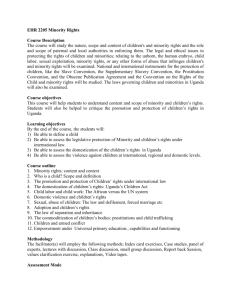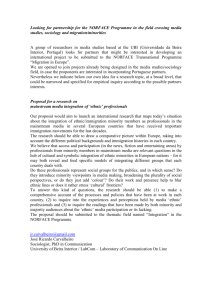CLASSROOM CONCERNS OF STUDENTS OF COLOR
advertisement
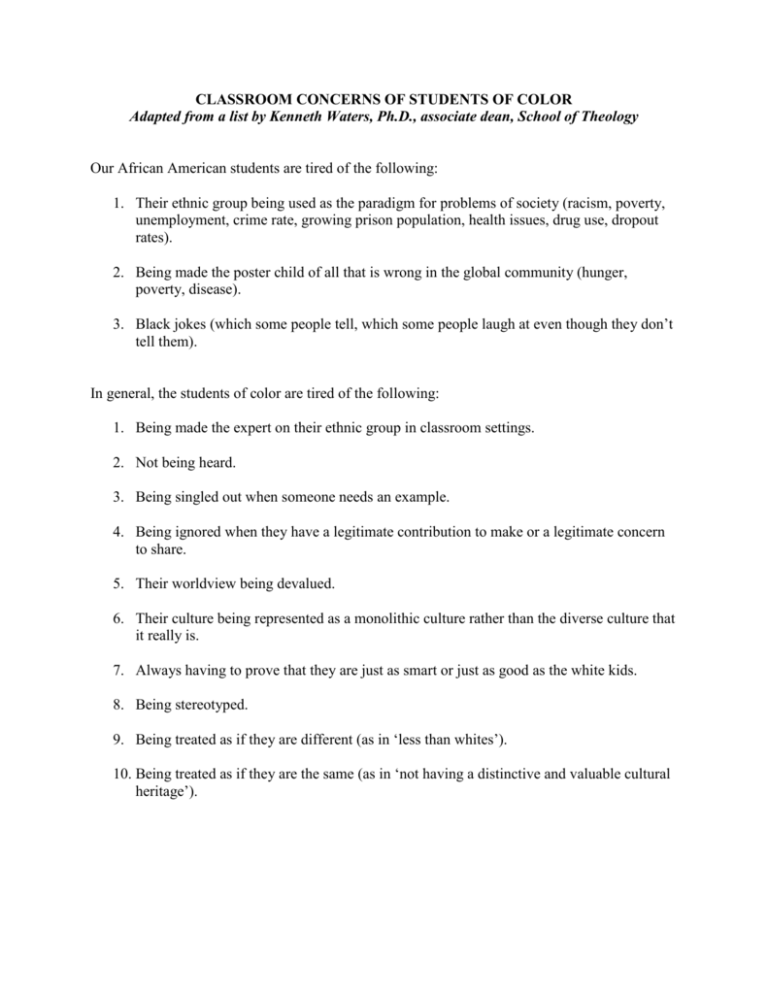
CLASSROOM CONCERNS OF STUDENTS OF COLOR Adapted from a list by Kenneth Waters, Ph.D., associate dean, School of Theology Our African American students are tired of the following: 1. Their ethnic group being used as the paradigm for problems of society (racism, poverty, unemployment, crime rate, growing prison population, health issues, drug use, dropout rates). 2. Being made the poster child of all that is wrong in the global community (hunger, poverty, disease). 3. Black jokes (which some people tell, which some people laugh at even though they don’t tell them). In general, the students of color are tired of the following: 1. Being made the expert on their ethnic group in classroom settings. 2. Not being heard. 3. Being singled out when someone needs an example. 4. Being ignored when they have a legitimate contribution to make or a legitimate concern to share. 5. Their worldview being devalued. 6. Their culture being represented as a monolithic culture rather than the diverse culture that it really is. 7. Always having to prove that they are just as smart or just as good as the white kids. 8. Being stereotyped. 9. Being treated as if they are different (as in ‘less than whites’). 10. Being treated as if they are the same (as in ‘not having a distinctive and valuable cultural heritage’). CLASSROOM SUGGESTIONS Compiled by Juanita Cole, Ph.D., assistant professor, Department of Psychology, College of Liberal Arts and Sciences, from the following URLs: http://cfe.unc.edu/pdfs/TeachforInclusion.pdf http://www.indiana.edu/~icy/diversity_race.html http://isites.harvard.edu/fs/html/icb.topic58474/TFTrace.html http://www.crlt.umich.edu/publinks/CRLT_no7.pdf Learn every student's name and the name he/she prefers to be called and use the names. Ask about your students' interests and experiences so you can know them as individuals rather than merely members of the group. Ask about your students' interests and experiences early on in the course. Encourage students to respond to each other’s questions and comments, not just your own, to foster a sense of community. Don't make assumptions about students based on what you perceive as their minority experiences and needs. Try to anticipate issues of sexuality, religion, or other values for students as you give assignments and lead discussions. Provide guidelines for group discussions so as to create an environment where students will feel safe voicing their opinions. Don't ignore or single out students and never ask a student to act as a spokesperson for his/her group. Combine volunteering and calling on students by beginning a discussion topic by asking for volunteers and then calling on other students to support, add to, or modify that student's comments. Monitor students' comments to avoid any personal attacks. Introduce controversial topics in impersonal ways. Give students explicit information about how you will grade their work Do not adopt preconceived notions and attitudes about minority students' ability to perform, high or low. Honestly explore your and your students' personal views and attitudes toward minority groups/students in general (THESE ARE THE HEART ISSUES). Do not assume that there is a "collective identity" minority students share. Instead, treat minority students as individuals. Be sensitive to students' expressed tribal affiliation when Native Americans are concerned since students from different tribes have their own cultural heritage of which they are proud. Encourage students to get to know each other both during and after class. This would allow students the opportunity to let others in class know the terminology they would like others in the class to use to refer to them, their culture, and etc. Do not assume the identity or racial affiliation of a student based on his/her physical appearances. Approach students one-on-one rather than singling them out in class. Ask students about their preferred names and learn to correctly pronounce their names. Pay equal attention to all students.
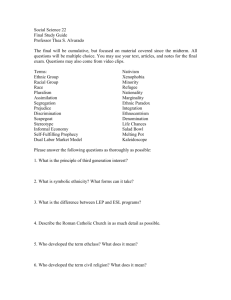




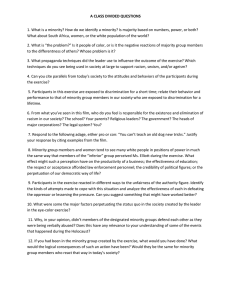
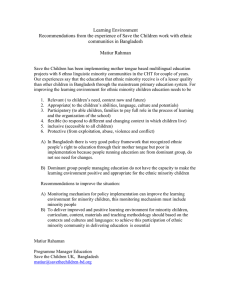
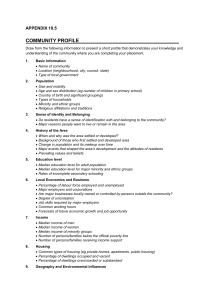

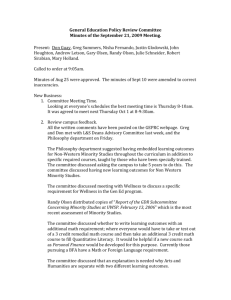
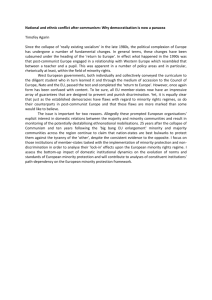
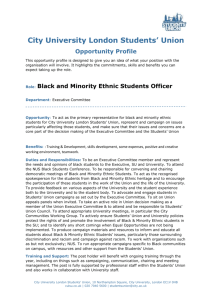

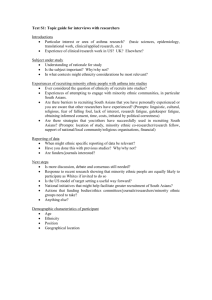

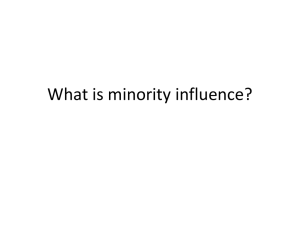
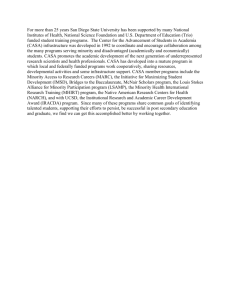
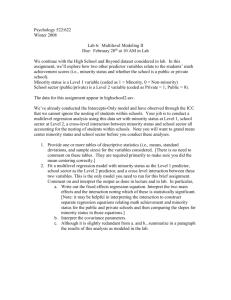

![Race_in_Sociology[1]](http://s2.studylib.net/store/data/009990757_1-d83a33e1300c6112e4d820319aa261ea-300x300.png)
